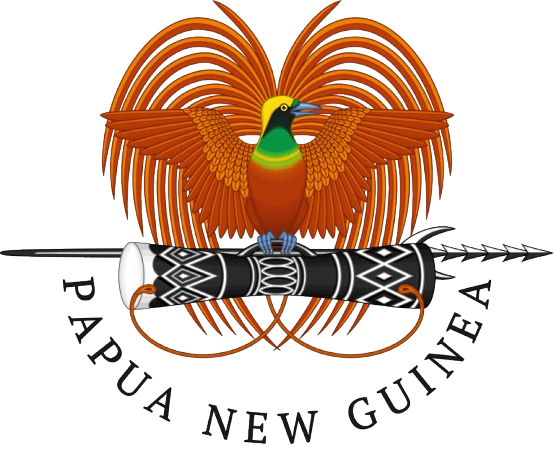Malaria Program
MALARIA PROGRAM
Controlling and Eliminating Malaria for a Healthier Population.
What is the Malaria Program?
The Malaria Control Program focuses on controlling and eventually eliminating Malaria in the community. Its strategy aligns with Key Result Area 4 of the NHP 2021-2030 ‘Addressing Disease Burden and Targeted Health Priorities’. Primary targeted beneficiaries include children under 5 years of age, pregnant mothers, and other vulnerable populations at risk of malaria infection. The program’s strategy focuses on key areas: vector control, early and accurate diagnosis using rapid diagnostic test kits, prompt and effective treatment, surveillance, and community engagement, all aimed at reducing malaria incidence and achieving elimination.
Key Benefits
- Protecting Vulnerable Populations: Significantly reduces malaria risk for children under 5 and pregnant women, who are most vulnerable.
- Reducing Illness and Death: Aims to decrease morbidity and mortality caused by malaria, a major public health challenge.
- Improving Community Health: Contributes to overall public health by controlling and working towards eliminating a preventable disease.
- Enabling Early Intervention: Provides prompt diagnosis and treatment to prevent severe outcomes and complications.
- Supporting National Health Goals: Works towards the objectives outlined in the National Health Plan to reduce the burden of disease.
Services Offered
- Diagnosis and Treatment:Providing early and accurate diagnosis using rapid diagnostic tests and supporting prompt treatment with first and second-line drugs available at clinics.
- Testing and Treatment for Dengue Fever: Dengue fever is also being tested and treated at the relevant clinics.
- Vector Control and Prevention:Distributing long-lasting insecticidal mosquito nets, particularly to malaria positive clients and antenatal mothers, to reduce transmission.
- Surveillance:Monitoring malaria cases and trends to inform program activities and identify outbreak areas.
- Community Engagement and Awareness:Conducting awareness campaigns, school surveys, and outreach activities in communities, schools, and business houses to educate the public on prevention and treatment.
- Monitoring and Evaluation: Regularly assessing program activities and outcomes to ensure effectiveness and identify areas for improvement.
How to Access Services
Visit Your Nearest Health Centre or Clinic: Malaria diagnosis and treatment services are available at participating health facilities. Awareness activities are also conducted through community outreach, in schools, and business houses.
Find below a list of health facilities involved in the program within NCD:
Moresby North East District
- Six Mile Clinic
- Nine Mile Clinic
- Gordons Clinic
- Bomana Police College Clinic
- Bomana CIS Clinic
- PNGEI Clinic
- Jackson Airbase Clinic
- PMGH
Moresby North West District
- Gerehu General Hospital
- Tokarara Clinic
- Morata Clinic
- St Therese Clinic
- St Paul Clinic
- UPNG Clinic
- SILAG Clinic
- Murray Barracks Clinic
Moresby South District
- Lawes Road Clinic
- Kaugere Clinic
- Badili Clinic
- Pari Clinic
- Vabukori Clinic
- Koki Salvation Army Clinic
- Ulamagi Clinic
Resources & Downloads
World Health Organization (WHO) – Malaria Fact Sheet: https://www.who.int/news-room/fact-sheets/detail/malaria
World Health Organization (WHO) – Malaria: https://www.who.int/health-topics/malaria

